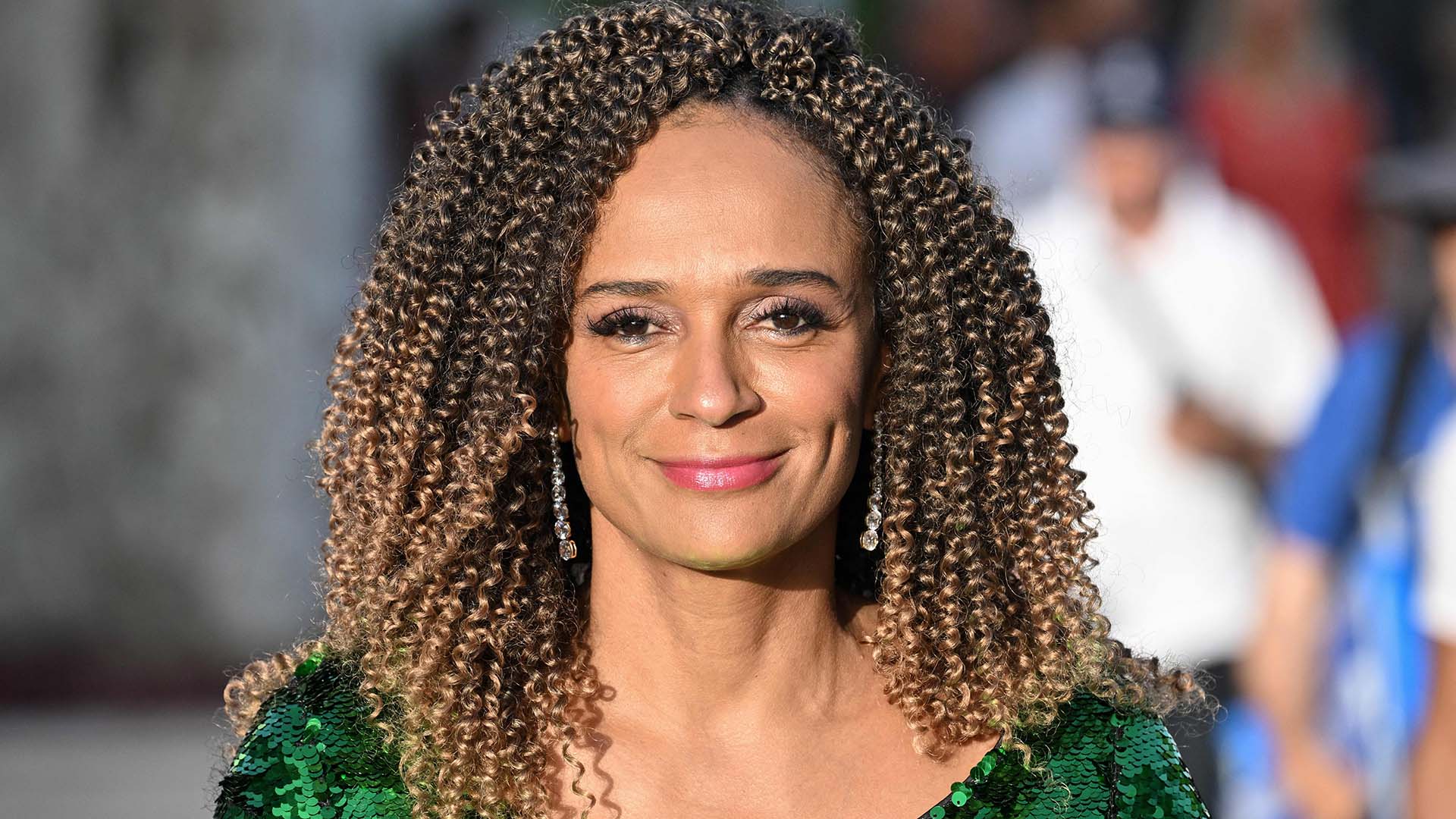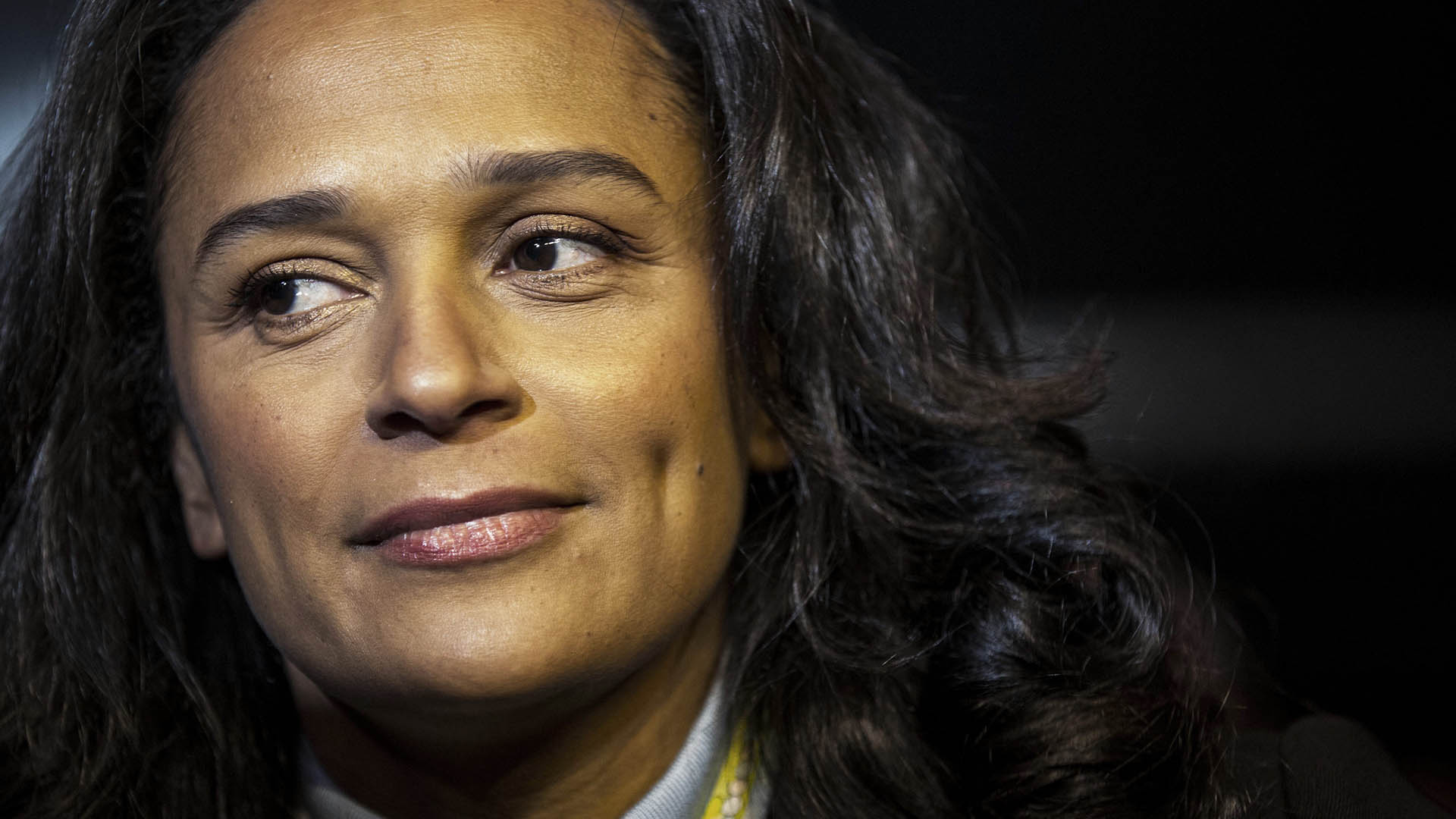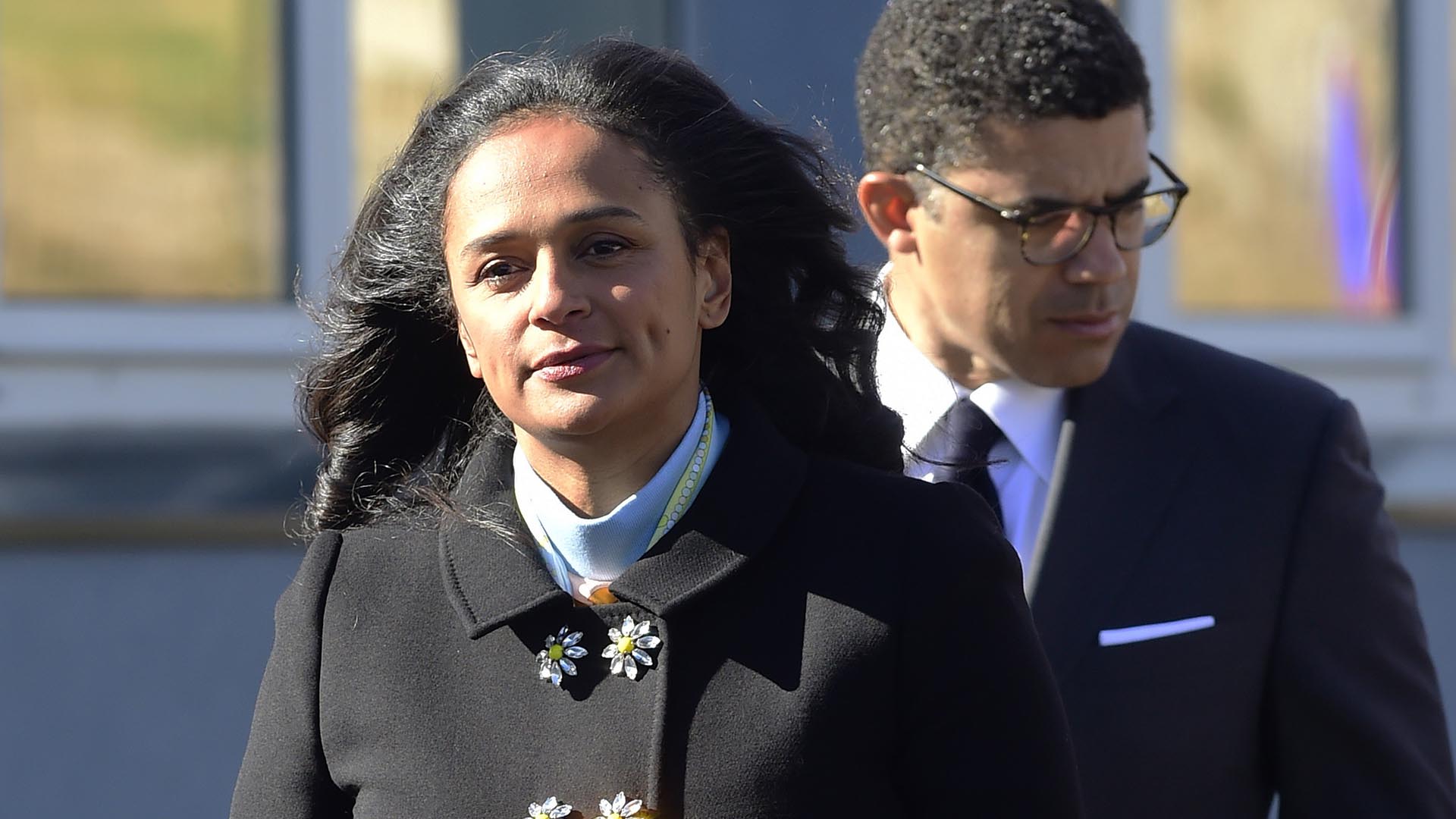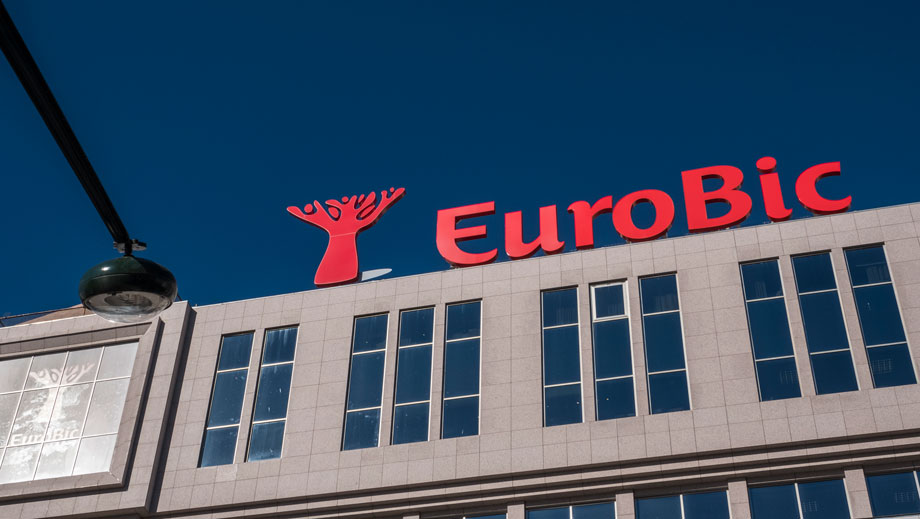IMPACT
Isabel dos Santos charged with 12 crimes in Angola over her dealings as Sonangol chair
The ultra-rich daughter of Angola’s former president and her advisors are accused of defrauding the country of $219 million, including through financial schemes uncovered by ICIJ.

Angolan prosecutors have charged businesswoman Isabel dos Santos with 12 crimes, accusing the former billionaire of causing state losses of around $219 million while she was head of state-owned oil company Sonangol.
The attorney general’s office announced this week that the trial could begin by the end of January, according to media reports.
In a 46-page indictment dated Jan. 11, the prosecutors detailed allegations that dos Santos, the daughter of Angola’s former authoritarian president, and her cronies used offshore companies, fraudulent invoices, forged documents and “exorbitant” salary raises to illegally pocket millions in 2016 and 2017.
The criminal charges against dos Santos include money laundering, embezzlement and tax fraud.
“As the daughter of the former President of the Republic, the defendant Isabel dos Santos, in consultation with the defendants Mario Silva, Sarju Raikundalia and Paula Oliveira, meticulously created a plan to defraud the Angolan State,” the indictment alleges.
Dos Santos, once touted as Africa’s first female billionaire, has repeatedly denied wrongdoing.
The new indictment is the latest in a string of legal actions against her, which she has dismissed as part of a long-running political vendetta.
In an interview with Angolan radio station Rádio Essencial, the businesswoman said she’ll respond to the accusations within the specified timeframe and lashed out at the Angolan government, now led by President Joao Lourenco.
“I think it is time for the government and the republic’s attorney general to take responsibility for the accusations they make because it’s irresponsible to be managing a country based on fabricated lies,” dos Santos said.
Dos Santos has been the subject of civil and criminal investigations in multiple countries since 2020, when the International Consortium of Investigative Journalists’ Luanda Leaks investigation revealed how she benefited from lucrative deals in oil, diamonds, telecommunications, banking and real estate under her father’s rule.
With the help of accountants, lawyers and consultants in Portugal, Malta and elsewhere, dos Santos and her late husband leveraged family ties and insider dealmaking to build an empire of businesses and luxury properties on four continents, ICIJ found.
Four years after ICIJ and its media partners uncovered the maneuvers behind dos Santos’ rise to Sonangol’s top position, Angolan prosecutors claim she used “deception” to amass power and “pervert” the state firm’s governance, in violation of the company’s articles of association.
The indictment also names several of dos Santos’ associates as co-defendants, along with the Angolan unit of accounting giant PwC.
Prosecutors accused executives working for PwC’s Luanda and Lisbon offices of profiting from auditing contracts worth more than $10 million and consultancy deals with some of dos Santos’ shell companies.
PwC Portugal was already under scrutiny by Portuguese authorities, which searched the offices last year at the request of the Angolan government. Alongside Boston Consulting, ICIJ’s Luanda Leaks investigation found that PwC played a major role in the dos Santos business empire, charging lucrative fees for advice on avoiding Angolan taxes and striking deals, including some involving Sonangol. The revelations prompted the firm to launch an internal investigation, a spokesperson told ICIJ in 2020.
Before and after dos Santos was appointed chair of Sonangol’s board in 2016, she and intermediaries working for her set up shell companies in Malta and Dubai.
Those companies obtained lucrative, no-bid contracts with the state firm, despite a lack of expertise in the oil sector and business management, ICIJ’s investigation found.
During her time at Sonangol, dos Santos brought in Sarju Raikundalia, then a senior executive at PwC Angola, to be Sonangol’s chief financial officer. Dos Santos relied on her top personal financial adviser, Mário Leite da Silva, as her stand-in at board meetings. One of her friends, Paula Oliveira, helped her set up Dubai shell companies used to divert millions. All denied wrongdoing when contacted by ICIJ in 2020.
Raikundalia, da Silva and Oliveira are now accused by Angolan authorities of multiple crimes including fraud, influence peddling, money laundering and criminal association.
The prosecutors allege that dos Santos and her allies caused the state to lose $176 million, 39 million euros and about 94 million kwanzas — totaling around $219 million — from unduly paid salaries, loss-making sales, tax fraud and fraudulent payments to several of dos Santos’ shell companies. As the head of Sonangol, she assigned herself a monthly salary of $50,448 — nearly $19,000 more than her predecessors, according to the indictment.
In the interview with Rádio Essencial, dos Santos justified the salary raise for her staff as a way to make Sonangol a competitive employer and attract top talent.
The defendants “acted knowingly, freely and deliberately, with the concrete purpose of defrauding and damaging the Angolan state, as well as benefiting from the large sums of money coming from Sonangol EP and thus enriching themselves illegally,” the prosecutors said.
One of dos Santos’ lawyers, Dan Morrison, told the BBC that she is “presently engaged in court proceedings in various jurisdictions to clear her name.”
In 2020, Angolan prosecutors charged her with embezzlement and money laundering and requested Interpol issue a Red Notice calling for her provisional arrest, according to Portuguese news agency Lusa.
Last month, she lost a legal battle in London’s High Court to prevent a freeze on up to $733 million of her assets. Dos Santos is already subject to asset freezes in several countries, including Portugal and the U.S.
ICIJ’s Luanda Leaks investigation was based on a trove of 715,000 documents including emails, charts, contracts, audits, and accounts that revealed how dos Santos built a business empire worth an estimated $2 billion over two decades. The Platform to Protect Whistleblowers in Africa, an organization based in Paris, France, obtained the files and shared them with ICIJ and its partners.


